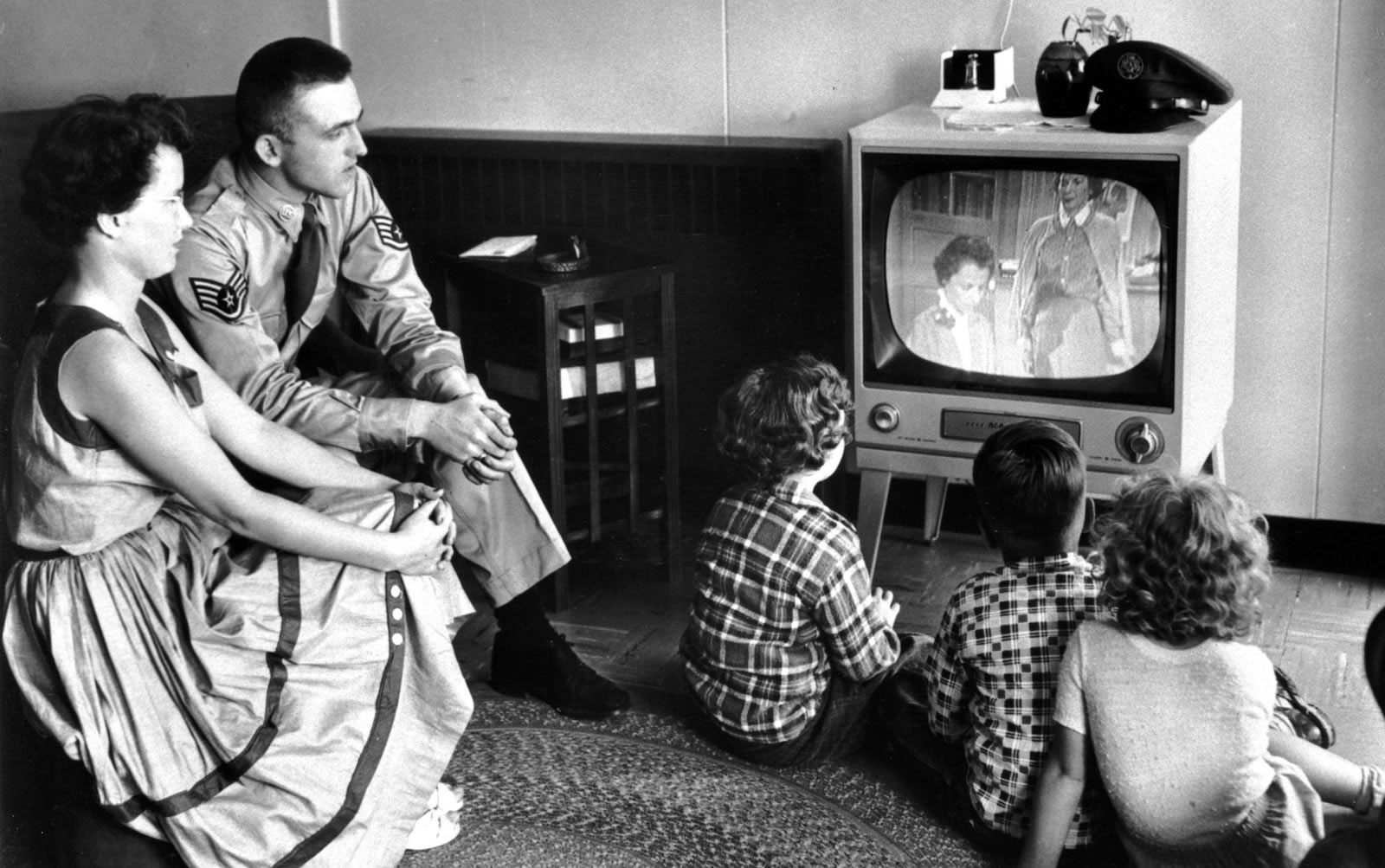Image may be NSFW.
Clik here to view. Bread and Circuses: The Role of Television and Other "Screen" Pastimes
Bread and Circuses: The Role of Television and Other "Screen" Pastimes
http://paxonbothhouses.blogspot.com/2012/02/following-essay-was-written-c.html
***
Swapping out violent TV programming for shows that are educational or have healthy behavioral messages can improve preschoolers' behavior, a study finds.
Want to improve your preschoolers' behavior? Be choosy when it comes to the television shows they watch — even if you don't reduce the amount of time they spend watching them, a study finds.
In one of the largest studies yet to examine how modifying television content affects the development of young children ages 3 to 5, researchers report that six months after families reduced their kids' exposure to aggressive and violence-filled programming and increased exposure to enriching and educational programming — even without changing the number of viewing hours — kids demonstrated statistically significant improved behavior compared to children whose media diet went unchanged.
And the improvements — declines in aggression and being difficult and increases in healthy social behaviors such as empathy, helpfulness and concern for others — persisted at 12 months, says the study involving 565 families in today's Pediatrics.
Overall, the amount of television viewed did not decrease, but all kids' behavior improved, and low-income boys, who tend to watch the most TV, benefited the most, says study author Dimitri Christakis, director of the Center for Child Health, Behavior and Development at Seattle Children's Hospital.
(In a separate Pediatrics report from New Zealand, researchers found that the more television watched during childhood and adolescence, the greater the risk of having a criminal conviction, a diagnosis of antisocial personality disorder, or more aggressive personality traits as an adult. )
In the U.S., preschoolers watch nearly 4.5 hours of TV a day, "an alarming amount," that too often includes age-inappropriate programming, from Mighty Morphin Power Rangers to adult action movies such as Batman, says Christakis. Young children "learn by imitating what they see," and for preschoolers, "a lot of what they see is on TV."
(The American Academy of Pediatrics discourages TV and other media use by children under age 2 and says it should be limited to less than 2 hours a day for older children.)
"Although this innovative study shows changing content without changing viewing time helps lower aggression, other health issues may need to be approached in different ways," says Jennifer Manganello, an associate professor at the University of Albany School of Public Health. She was not involved in the new study.
"For instance, studies have shown that reducing screen time can be helpful when trying to reduce the risk for obesity," says Manganello, who recommends that parents "consider both screen time and content when they can."
